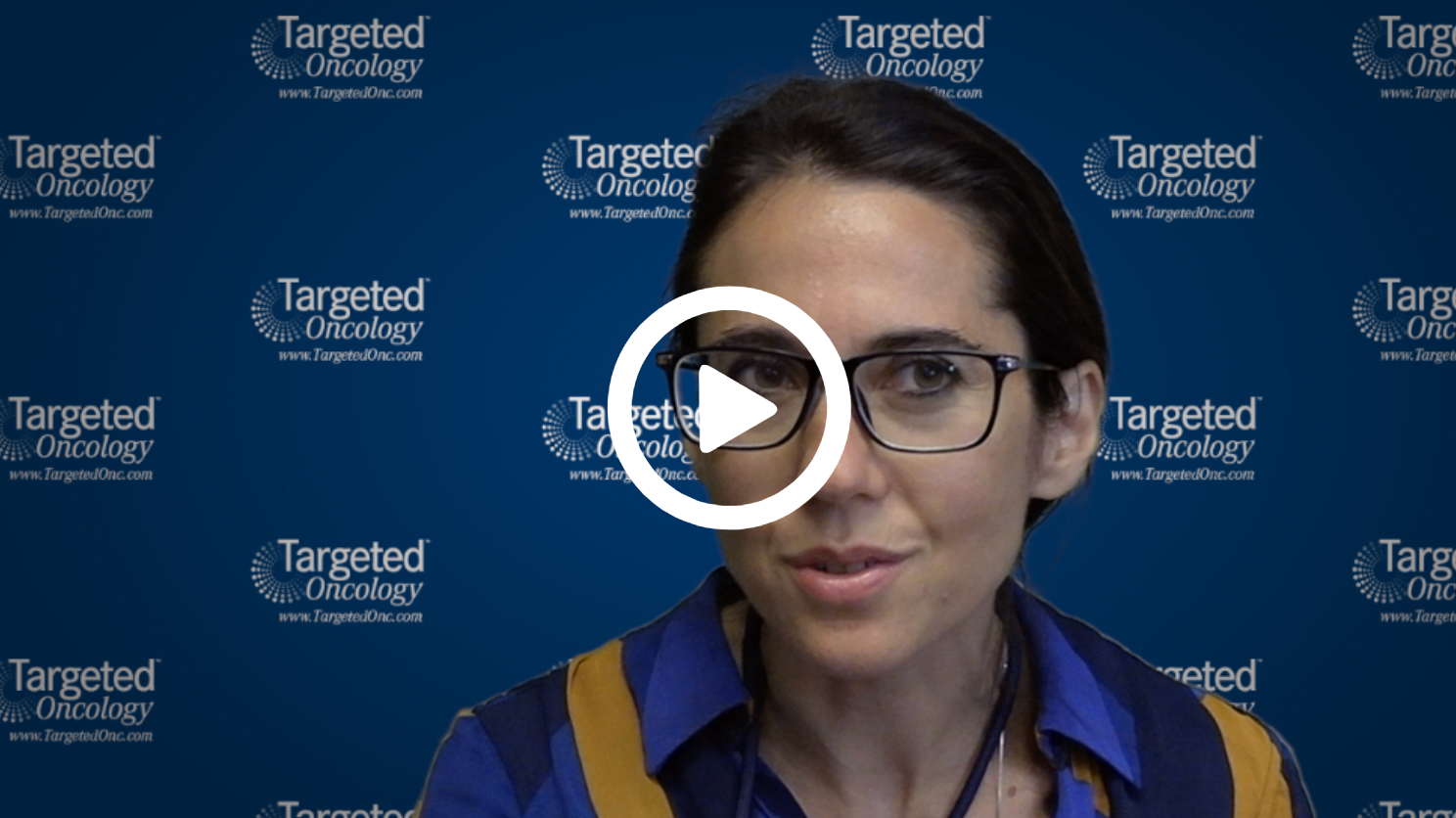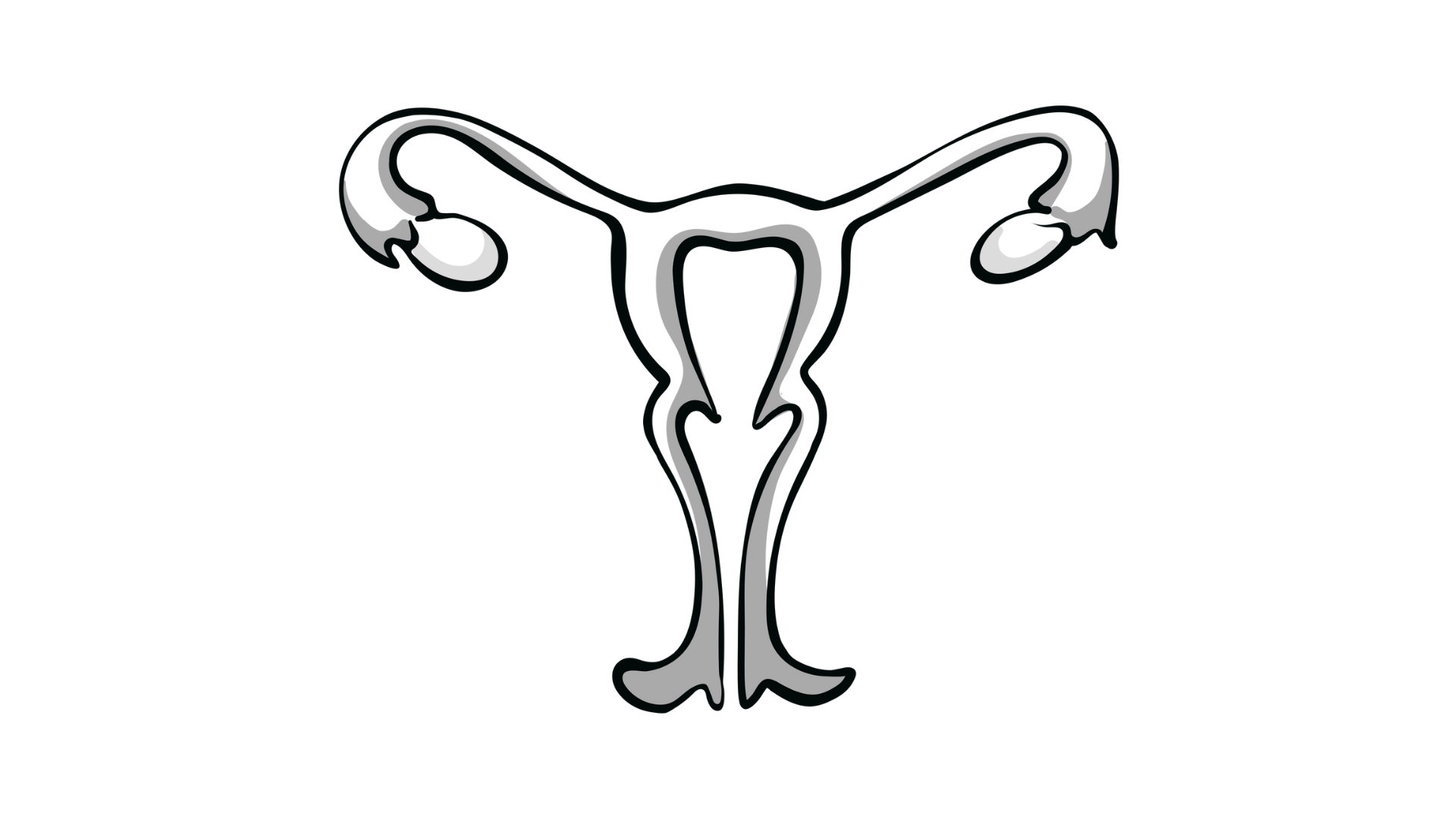How HRD Status Correlates With Outcomes in Advanced-Stage Ovarian Cancer
Travis Sims, MD, MPH, discusses the impact of homologous recombination deficiency status of clinical and survival outcomes in patients with advanced-stage ovarian cancer.
Travis Sims, MD, MPH, a fellow in Gynecologic Oncology at The University of Texas MD Anderson Cancer Center, discusses the impact of homologous recombination deficiency (HRD) status of clinical and survival outcomes in patients with advanced-stage ovarian cancer.
Transcription:
There are 2 big points that we highlighted in this initial analysis. The first wasn't really all that surprising. It's that women who harbor a germline mutation in BRCA1 or BRCA2 or have a somatic BRCA tumor mutation or HRD-positive disease have an improved progression-free survival and overall survival, regardless of whether they received primary cytoreductive surgery followed by adjuvant chemotherapy, or received neoadjuvant chemotherapy, followed by interval cytoreductive surgery followed by adjuvant chemotherapy. I think the second point, which is something that that we hope to explore further, is that it seems that having BRCA wild-type and being HR-proficient seem to be negative prognostic factors for survival in high-grade ovarian cancer.
Avutometinib/Defactinib Leads to Positive Response, Survival Data in Ovarian Cancer
October 18th 2024The completion of a new drug application for the combination of avutometinib and defactinib in KRAS-mutant ovarian cancer is expected to be finalized with the FDA by the end of the month.
Read More






